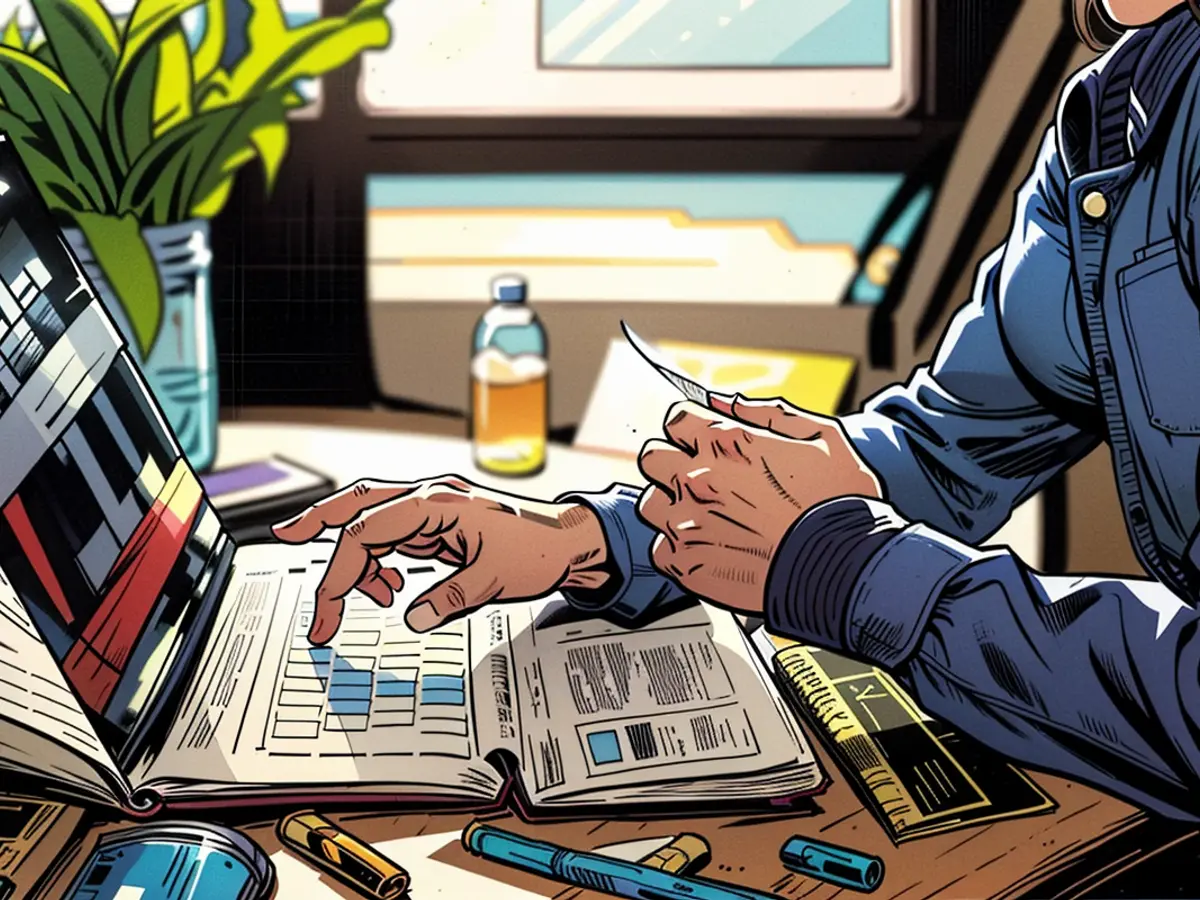U.S. residents have exhibited similar concerns about meeting their credit card commitments as they did during the pandemic.
Debts have been piling up, and American consumers are growing apprehensive about maintaining their financial obligations: Americans haven't exhibited such concerns about failing to meet the minimum debt repayment since April 2020.
The New York Fed's September 2024 Survey of Consumer Expectations revealed that the average estimated likelihood of missing a minimum debt repayment within the next three months increased for the fourth consecutive month, reaching 14.2%. Apart from the pandemic, this is the highest delinquency expectation reading in the monthly survey since January 2017.
The recent findings from the New York Fed survey aligns with long-term trends in the data: The US economy is performing robustly, yet people aren't feeling overly optimistic about it, said Ted Rossman, senior industry analyst for Bankrate.
"Inflation is still a significant issue; even though it's decreased, I believe it continues to be the primary focus in the economy," Rossman told CNN in a Tuesday interview. "Inflation is consuming a significant portion of the increases in income. So, even if you're employed and your wages have increased, many people are not content with their situation."
The ongoing influence of this phase of high inflation has impacted various Americans disproportionately, and the data illustrates an escalating income disparity, Rossman explained.
"Individuals with stable incomes and excellent credit scores are doing well; they continue to have access to ample credit and, for the most part, make regular repayments on time," he said. "If you're among the half who uses a card for convenience and rewards, life is good. However, the other half may face a more challenging scenario when it comes to potential long-term credit card debt."
Lower-income Americans tend to grapple with higher inflation, research suggests.
Since 2005, the prices have risen by 64%, on average, for the lowest-income households, compared to a 57% increase in costs for the highest-income households, according to a recently published analysis by the Minneapolis Federal Reserve based on Bureau of Labor Statistics data.
The most recent New York Fed data revealed that delinquency expectations surged last month (6.4% to 8.4%) for individuals earning more than $100,000 per year, while the probability of an anticipated missed payment reached 20% for those earning less than $50,000 per year.
The escalating income disparity due to high inflation is affecting various Americans, with lower-income individuals being impacted more significantly. This is reflecting in the business sector, as the recent New York Fed survey shows an increase in delinquency expectations, with individuals earning less than $50,000 per year having a 20% probability of missing a minimum debt repayment. Consequently, the overall economy's health, despite showing robust performance, is not translating into consumer confidence when it comes to managing personal debts and financial obligations.








